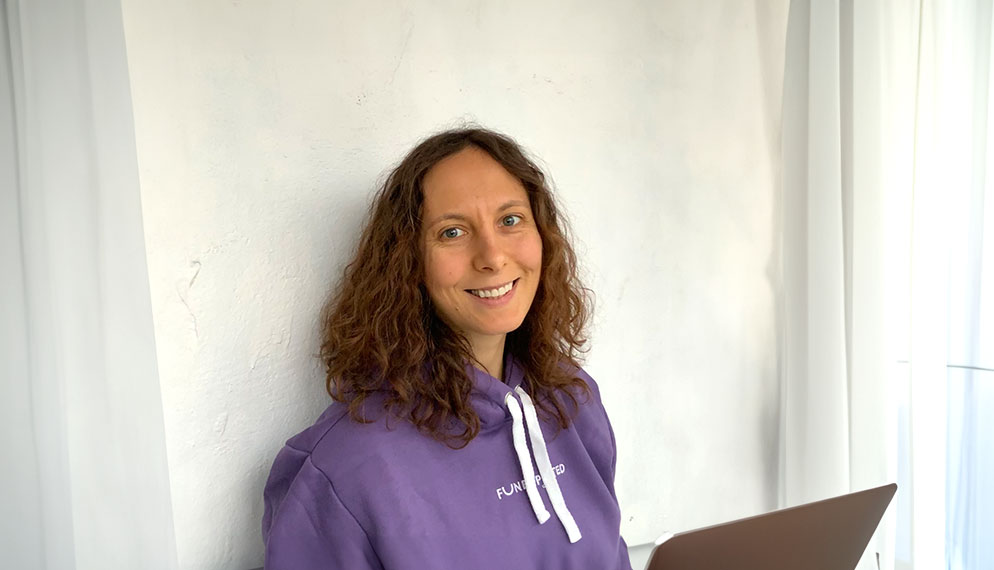Alright – so today we’ve got the honor of introducing you to Alexandra Kazilo. We think you’ll enjoy our conversation, we’ve shared it below.
Alexandra, first a big thank you for taking the time to share your thoughts and insights with us today. I’m sure many of our readers will benefit from your wisdom, and one of the areas where we think your insight might be most helpful is related to imposter syndrome. Imposter syndrome is holding so many people back from reaching their true and highest potential and so we’d love to hear about your journey and how you overcame imposter syndrome.
I don’t think I’ve ever fully overcome imposter syndrome—I’ve just learned to live with it. It’s been with me for as long as I can remember. Growing up, I was always a bit of an outlier, doing things people didn’t expect. In elementary school, I loved playing soccer and climbing trees, which wasn’t what girls were typically “supposed” to do. Later, I got into math and was accepted to a math high school for gifted students, where the vibe was pretty clear: “Girls aren’t supposed to be as good at math as boys.”
That same attitude followed me into university, where I did my master’s in Pure Mathematics, and then again when my classmate and I decided to start an ed-tech company teaching math to younger kids. People told us flat out that no one would invest in a women-founded startup. We even had a friend point to a list of math apps in the App Store, asking us, “Do you really think you can do better?”
Even after we won a Webby Award for Best Visual Design in Games, we were still talked about on gaming forums as “two young moms with ladles.” That experience taught me that at the core of most stereotypes is fear—fear of failure, fear of the unknown, or simply a lack of confidence.
I see this same fear in education, especially around math. Parents, kids, and sometimes even teachers are anxious about not being fluent in math. Now, I see my role as showing them that there’s really nothing to fear—only a lot to love!
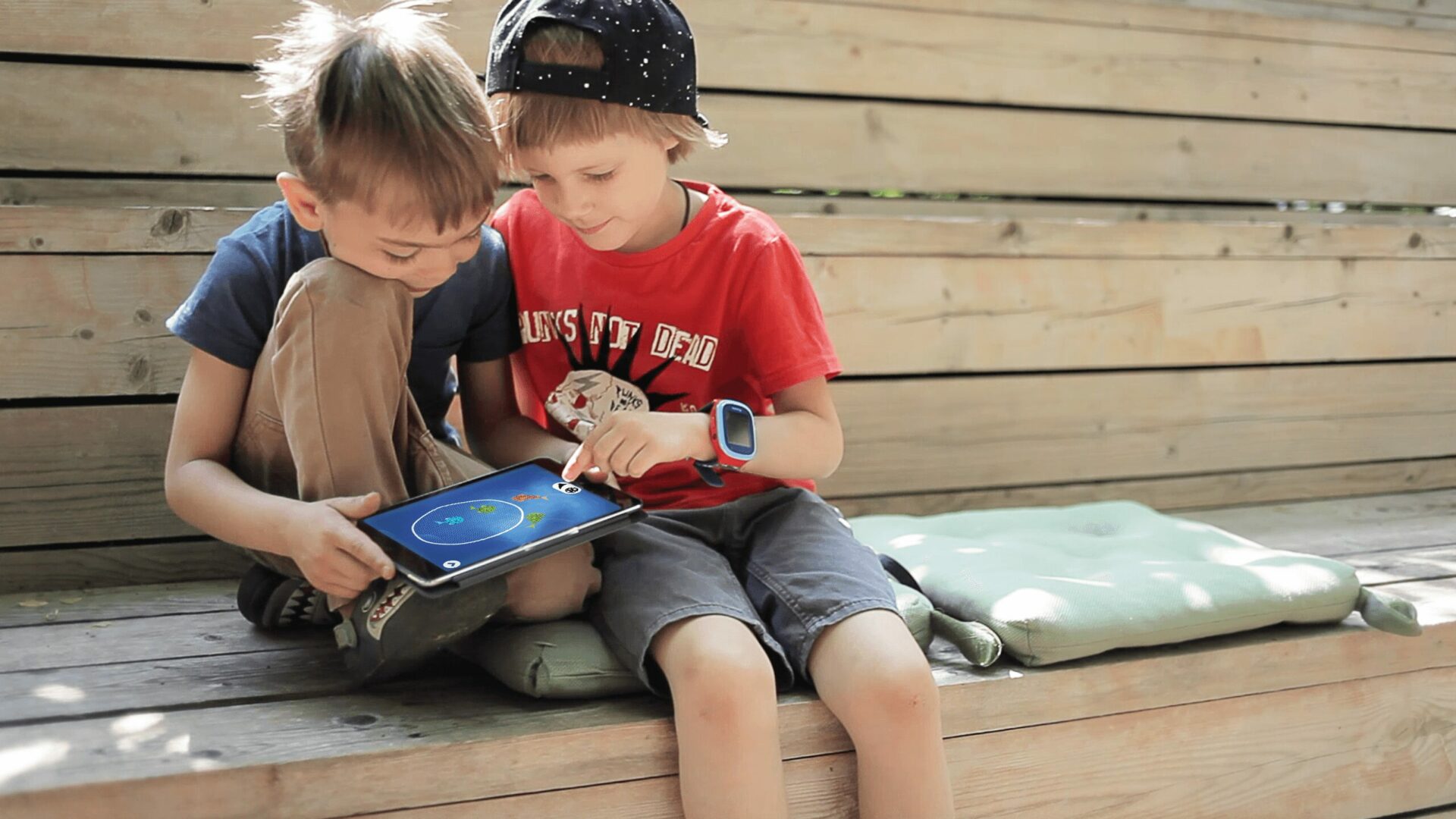
Thanks, so before we move on maybe you can share a bit more about yourself?
We started Funexpected because, like many parents, my friend Natalia and I (we’re both graduates from a math school for gifted children) wanted the best for our sons. When they were five, we searched everywhere for a math app that could inspire them with mathematics, just like our amazing teachers did for us. We wanted something that wouldn’t bore them and would challenge them just right. To our surprise, we couldn’t find anything like this — so we decided to create it ourselves.
At Funexpected, our mission is to make every child math-literate and to help them start any core math curriculum with confidence, curiosity, and no learning gaps. Our app works on any mobile device and supports learners in 16 languages, making it accessible to children around the world.
What I find most exciting is that we don’t teach math as just a practical skill—we teach it as a new language. We help children learn this language without the fear of making mistakes, encouraging them to express their thoughts and use math to solve their own problems, not just the ones we provide.
Think of it like this: if you wanted your child to read their first words in a new language, would you pick: a worksheet or a beautifully illustrated storybook? That’s what Funexpected is—a library of math adventures that’s fun, playful, and filled with real, meaningful math, all guided by a magical tutor.
Kids at this early age can spend hours on what excites them, but getting them to focus on what we want can be tough. Instead of forcing them into a set program, we catch their attention and spark their interest, adapting the experience to their needs as they progress. It’s more like personalized tutoring, where the child leads the way.
We also know that many kids aren’t quite ready for school when they arrive—maybe they haven’t had much early learning support, struggle with attention, or don’t speak English fluently. Sometimes, all they need is just a bit more practice than their peers. That’s where we come in, providing the right support at the right moment. Just 15 minutes a day can make a huge difference in closing those early learning gaps. Our app works on any mobile device and supports yonder learners in 16 languages.
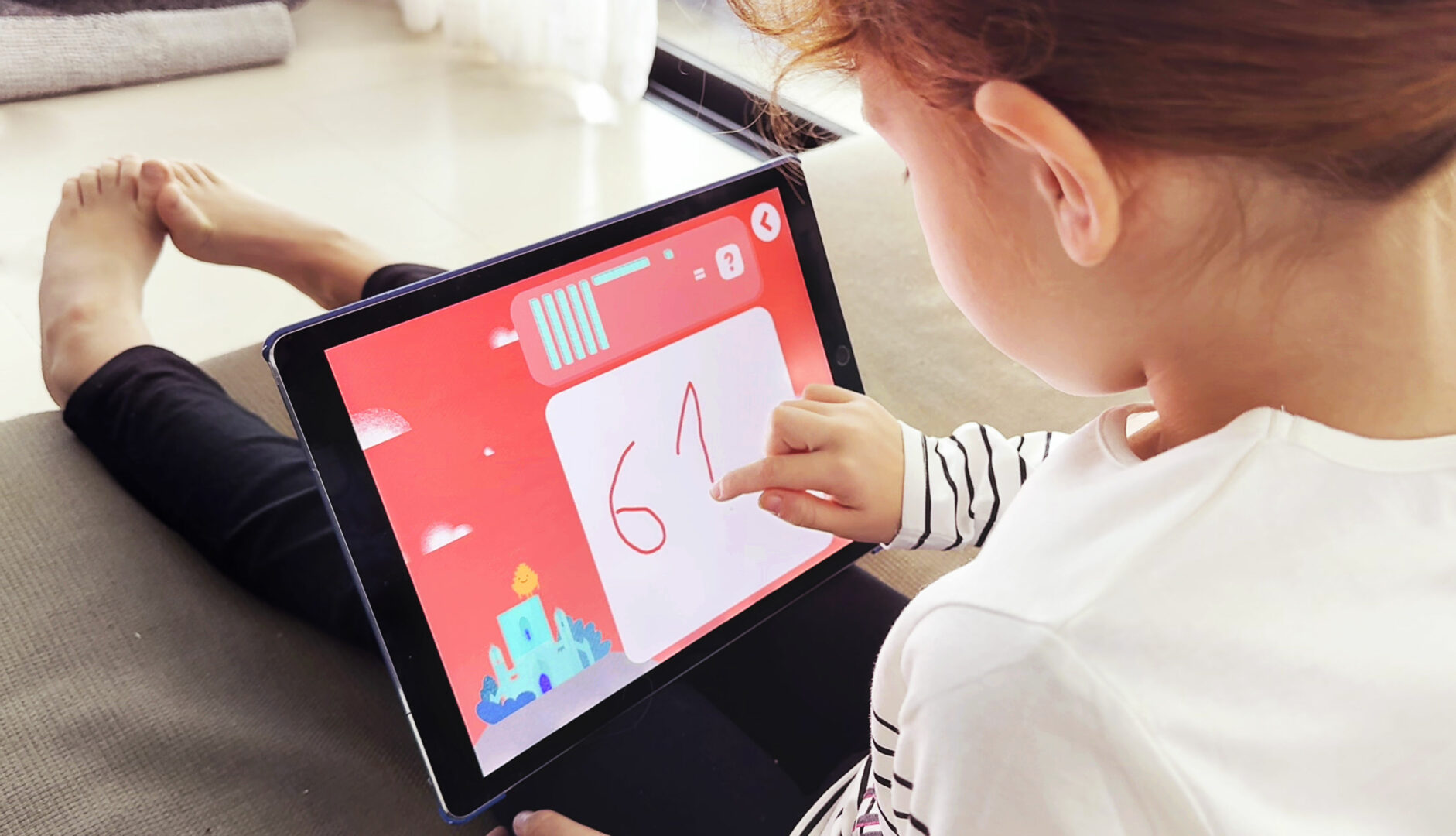
If you had to pick three qualities that are most important to develop, which three would you say matter most?
Honestly, the qualities we try to teach kids at Funexpected are the same ones that have been the most important in my own life. Here’s what I’ve learned:
1. Always think creatively – Approach every task with curiosity, even if it seems standard. Experiment, try different things, and don’t settle for the obvious solution. That’s how breakthroughs happen, and it’s something I always try to do in my work.
2. Don’t be afraid to make mistakes – Trial and error is how we learn and grow. Mistakes aren’t something to avoid; they’re opportunities to figure out what works and what doesn’t. Reflecting on failures can teach you more than getting everything right the first time.
3. Listen carefully and ask questions – Pay attention to what others say and be open to learning from them. But ultimately, do what feels right to you. Trust your instincts and make decisions based on your own values and understanding.
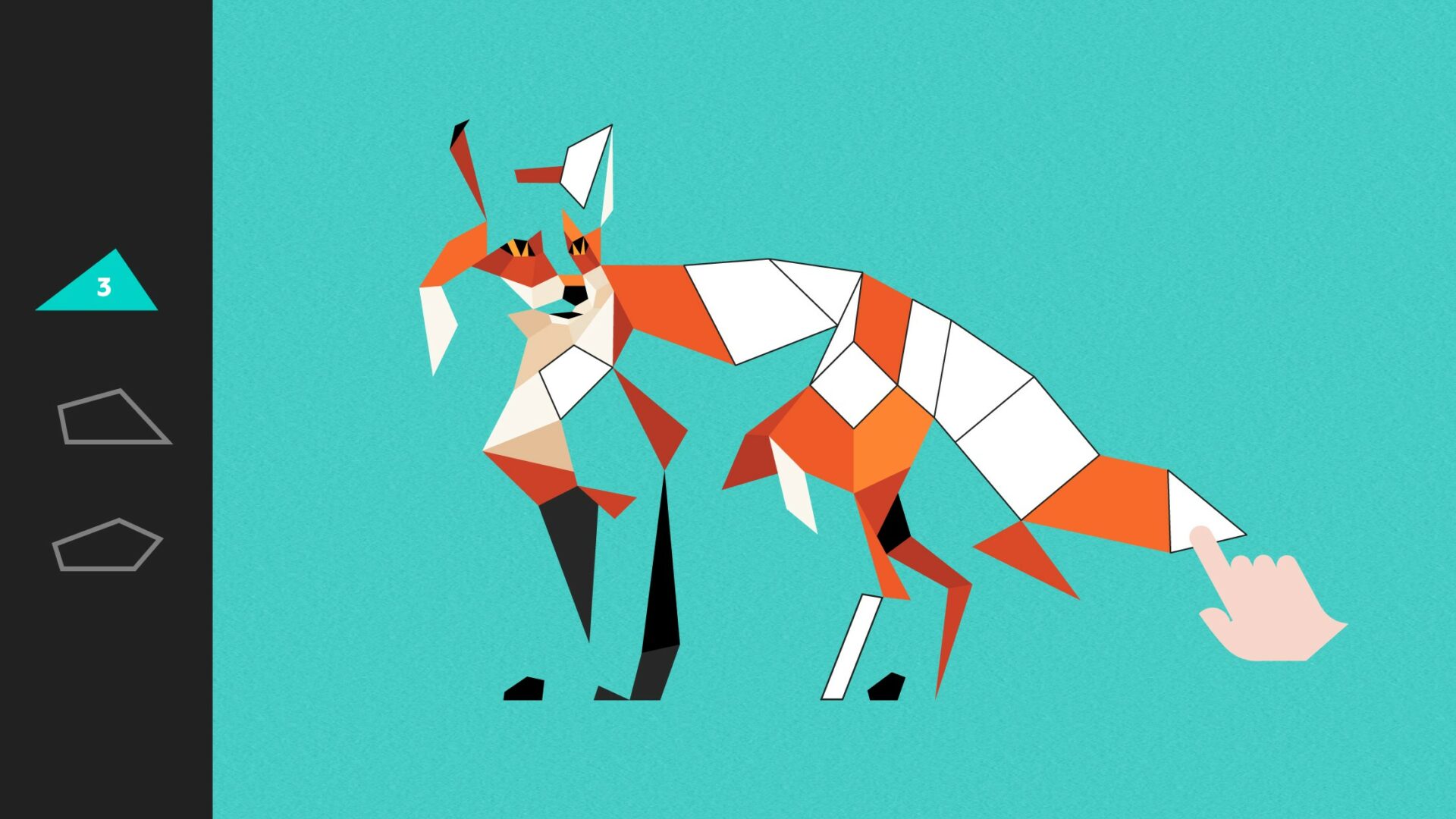
Okay, so before we go we always love to ask if you are looking for folks to partner or collaborate with?
Yes, absolutely! We’re actively seeking partnerships and collaborations with individuals and organizations who share our passion for early math education. Many children just need a little support at a young age, which can make a big difference in their lives. We’re especially interested in connecting with educators and programs working with refugees and socially vulnerable populations. If you’re passionate about giving all children the chance to develop strong math skills, we’d love to connect!
Contact Info:
- Website: https://funexpectedapps.com/
- Linkedin: https://www.linkedin.com/in/alexandra-sasha-kazilo-aa52008b/
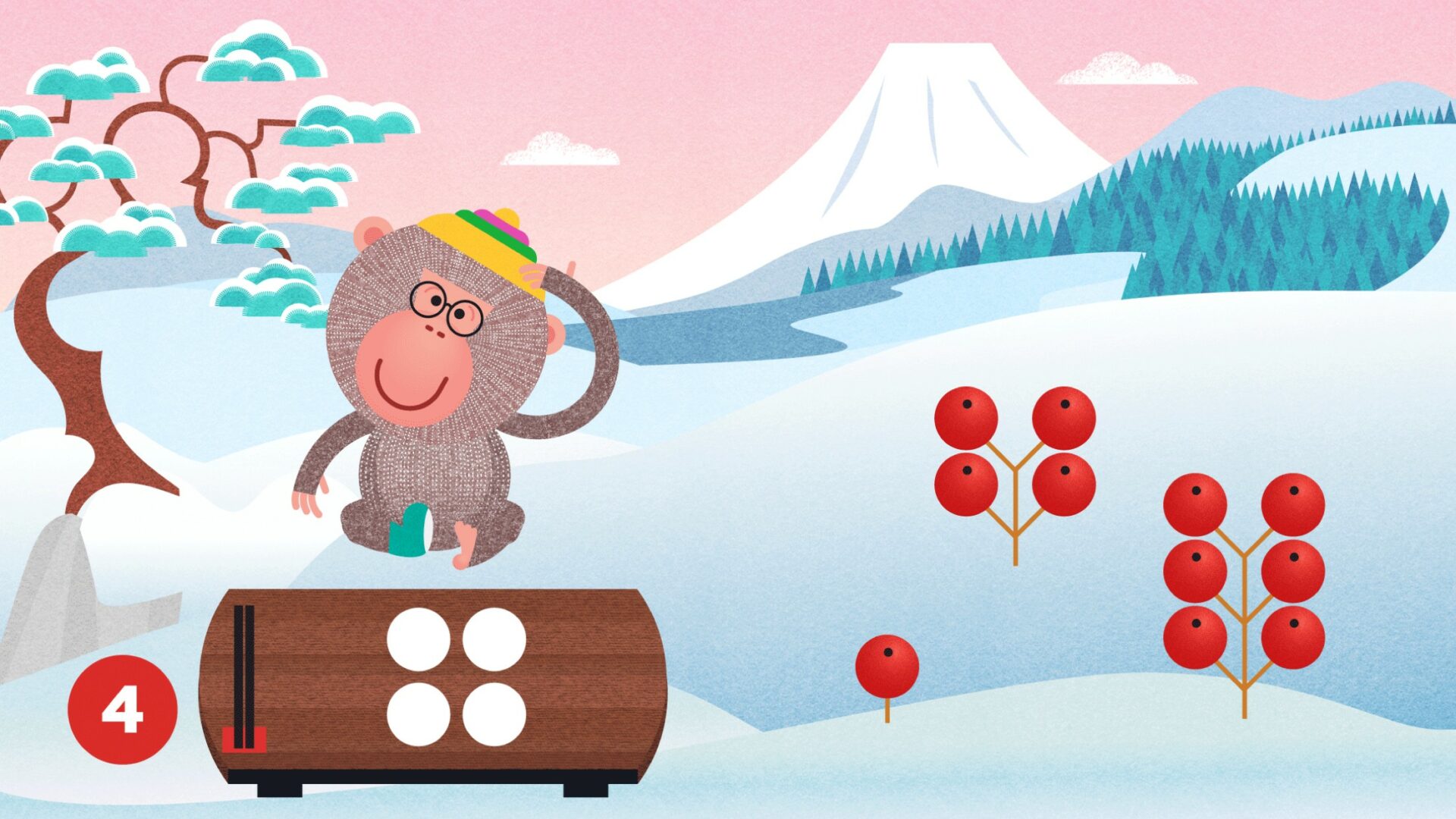
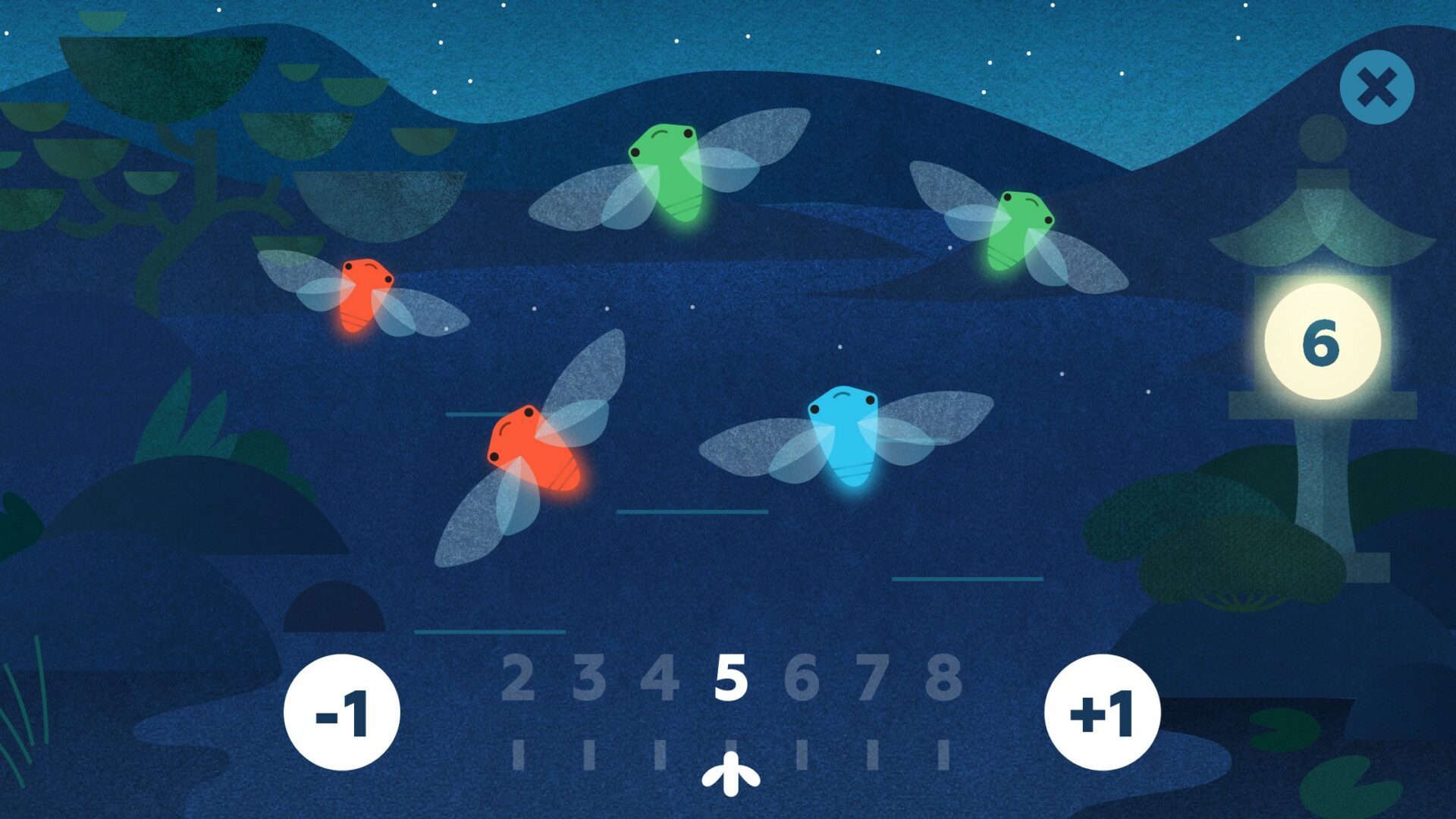
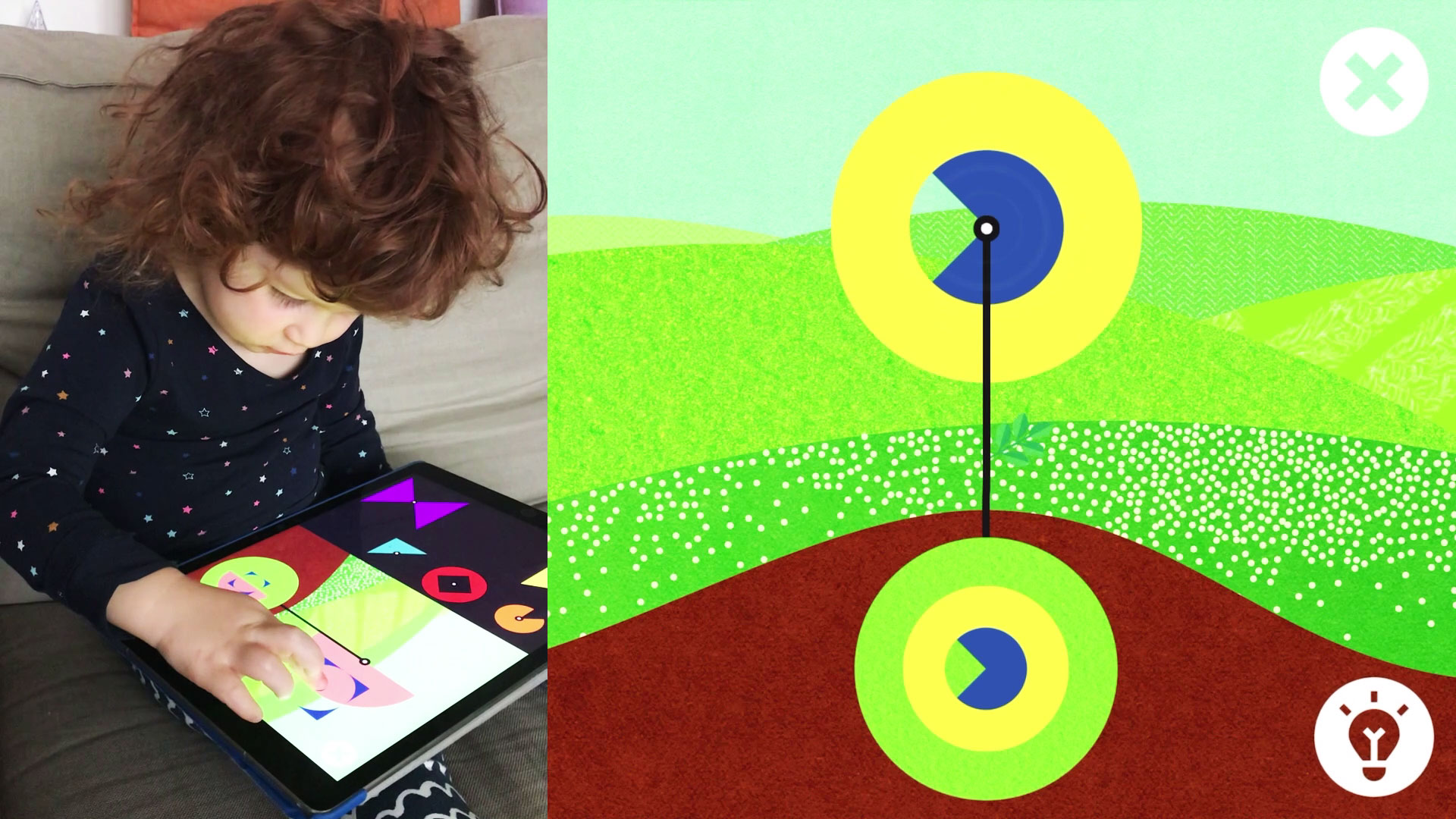
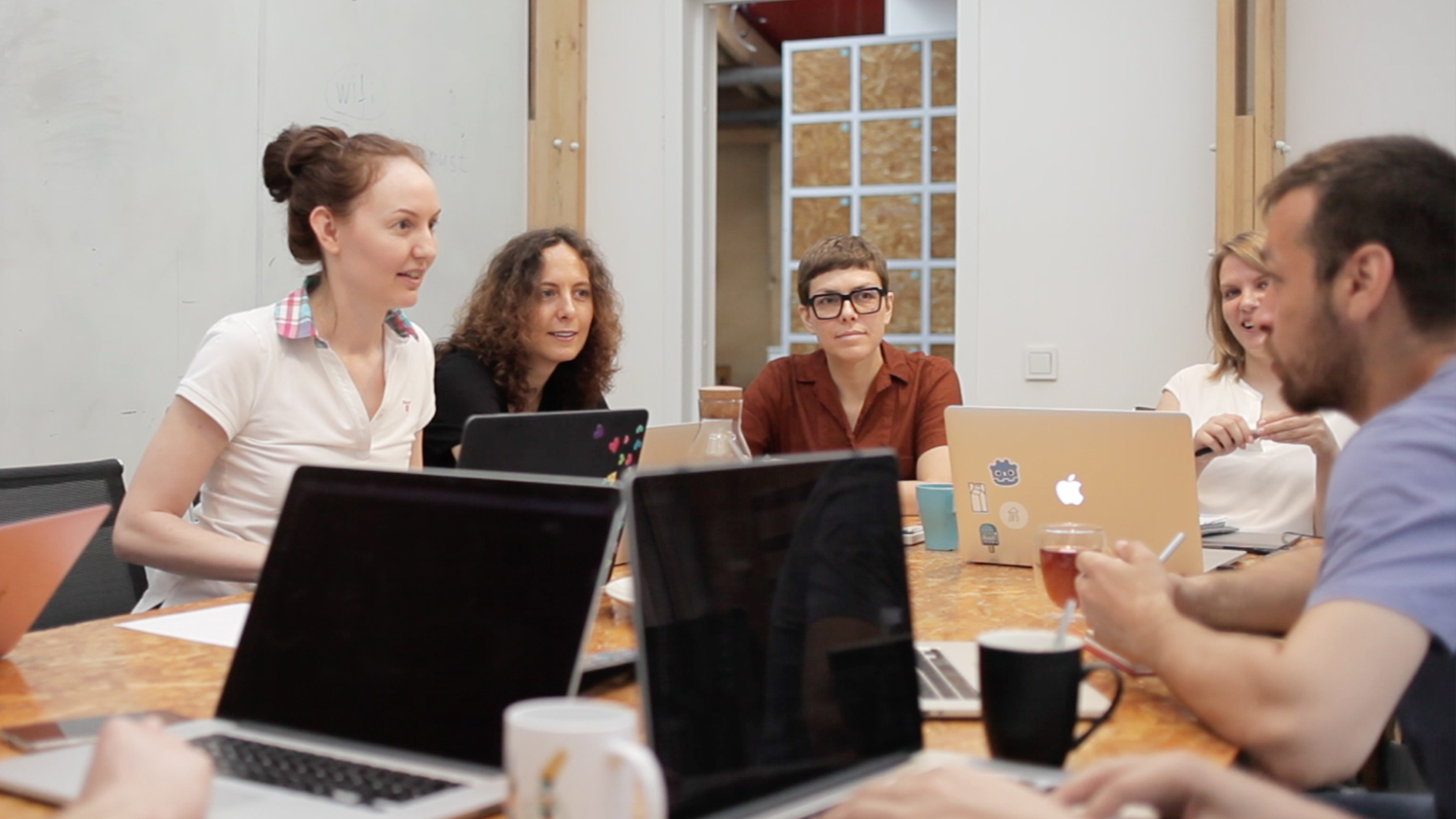
so if you or someone you know deserves recognition please let us know here.

